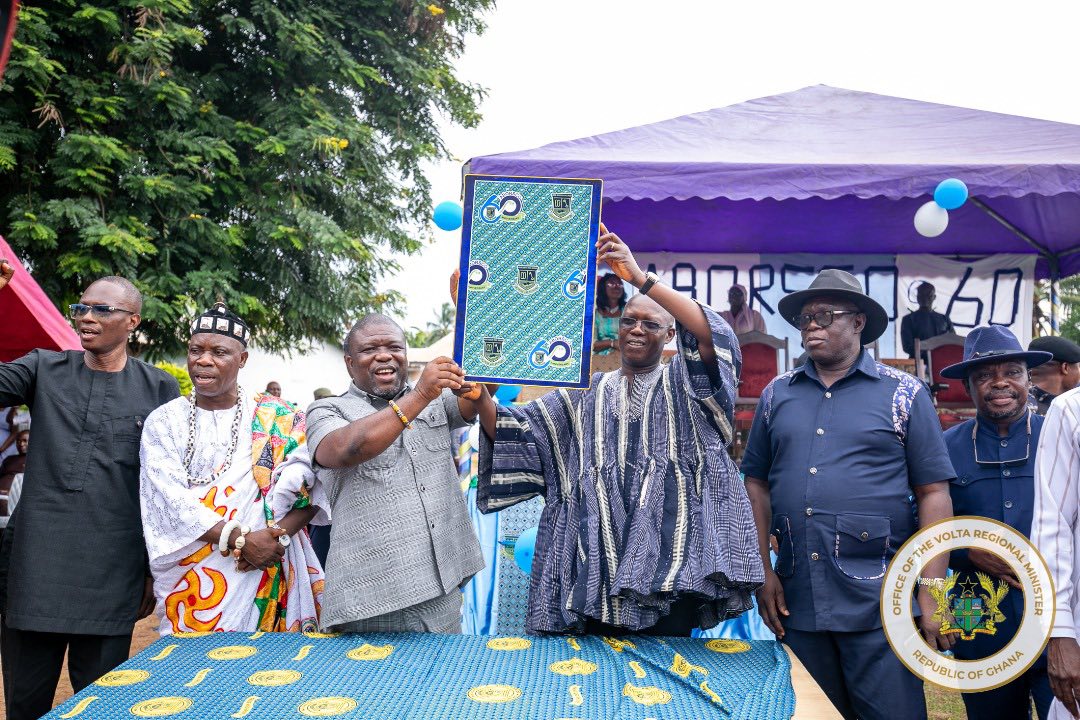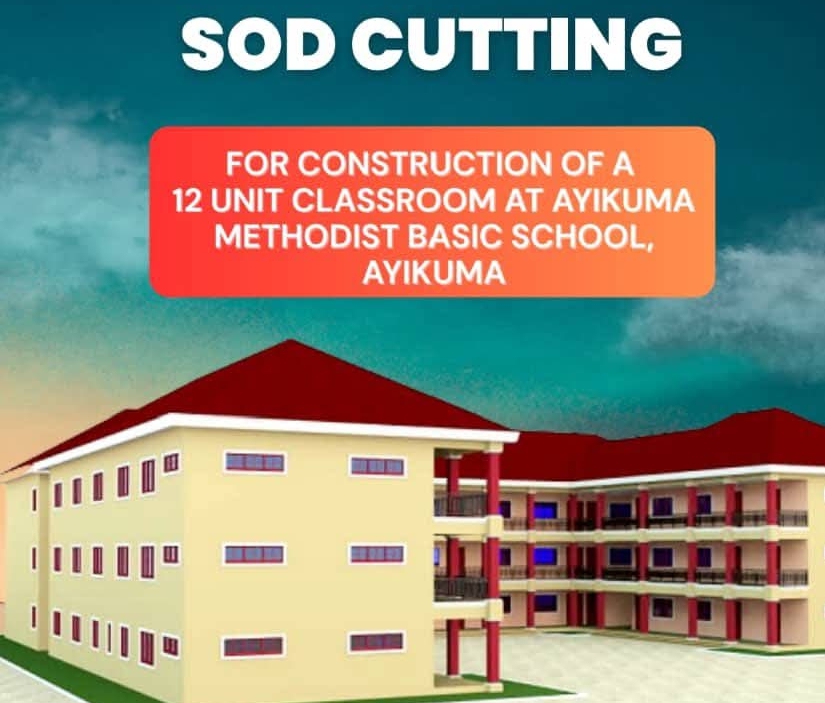The prevalence of sand winning (sand mining) activities across Ghana has become a pressing environmental and social issue, with concerns raised by the Member of Parliament for Ayensuano Constituency, Ida Adjoa Asiedu. In a statement made on the floor of parliament on July 1, 2025, Madam Asiedu was alarmed over the widespread and often illegal extraction of sand, highlighting its detrimental impacts on the environment, agriculture, and local communities.
Sand winning involves the extraction of sand from river channels, floodplains, highland slopes, and coastlines, primarily for construction purposes. The activity is vital for building infrastructure such as roads, bridges, and buildings, and is a key raw material in industries like glass manufacturing. Globally, the demand for sand is staggering, with the United Nations Environment Programme estimating that approximately 50 billion tons are extracted annually, equivalent to over 14,500 pounds per person each year.
However, this surging demand has led to rapid and often unsustainable extraction practices. “Sand is being mined far faster than it can naturally replenish, causing significant environmental damage and threatening livelihoods,” MP Asiedu noted during her statement
In Ghana, sand winning is regulated under the Minerals and Mining Act (Act 703), which mandates miners to obtain licenses. Despite this, illegal sand mining persists across the country, including in the Ayensuano District, where activities have severely damaged farmland in areas such as Kraboa, Coaltar, Asuboi, Otuase, Anfaso, and Aye Kukuoso. The destruction of farmland has left many areas infertile, with open pits resulting from excavation becoming breeding grounds for disease-carrying mosquitoes during the rainy season.
The environmental repercussions extend beyond agriculture. Experts warn of biodiversity loss, erosion, lowered water tables, and pollution. Land conflicts are also on the rise, often fueled by inadequate compensation for land acquired for mining purposes. The social fabric of affected communities is strained as livelihoods dependent on farming, fishing, and tourism face destruction.
The MP, however, painted that unemployment, population pressure, and difficulties in sourcing sand for construction are key drivers of illegal sand winning. Additionally, systemic issues such as weak law enforcement, poor coastal surveillance, and corruption exacerbate the problem.
She called for urgent action, urging authorities to enforce existing laws more rigorously and to implement alternative livelihood programs. She also suggested that Ghana could learn from countries like China and the United States, which are exploring the production of “crushed rock” as a sustainable alternative to natural sand.
Tragically, recent events in Ayensuano underscore the severity of the crisis. On January 17, 2025, violence erupted when sand miners and land guards attacked protesting farmers and landowners, resulting in the deaths of two individuals and several injuries. The incident has heightened concerns over security and the need for decisive intervention.
She called on the Ghana Police Service to investigate the incident thoroughly and ensure justice. She warned that if unregulated sand winning continues unchecked, Ghana risks facing severe environmental crises, including droughts, floods, and storm surges, which could undermine the country’s efforts towards achieving Sustainable Development Goal 13 on Climate Action.
In conclusion, she emphasized that addressing the sand mining menace requires a collaborative effort among district assemblies, regulatory agencies like the Environmental Protection Agency, and local communities. Education campaigns and investment in alternative materials and methods are crucial to safeguarding Ghana’s environment and future.






































